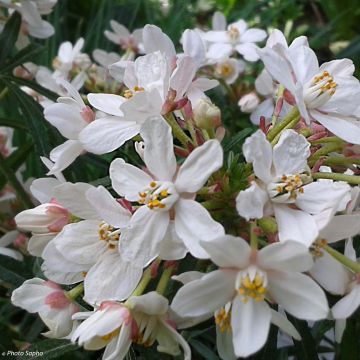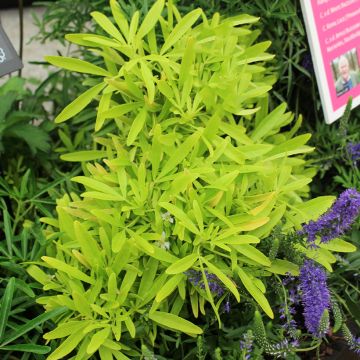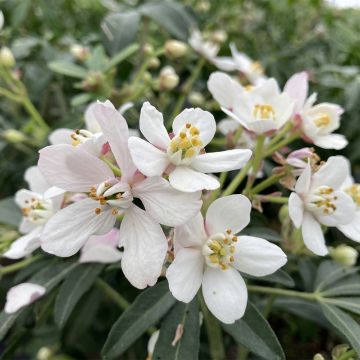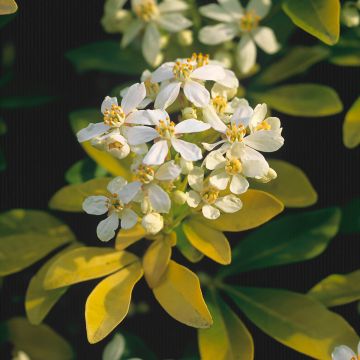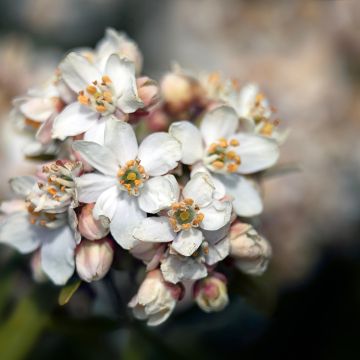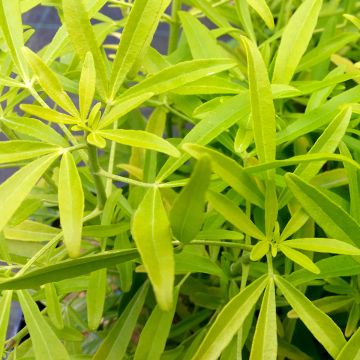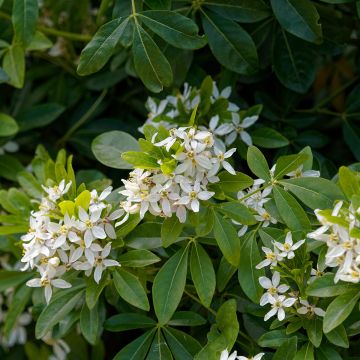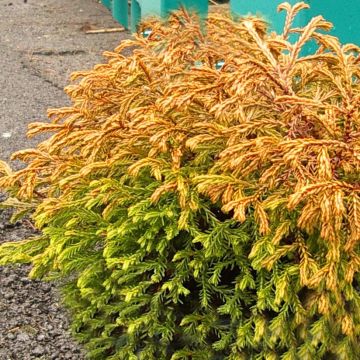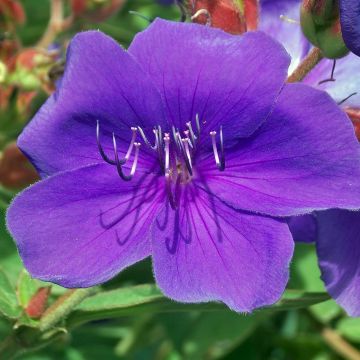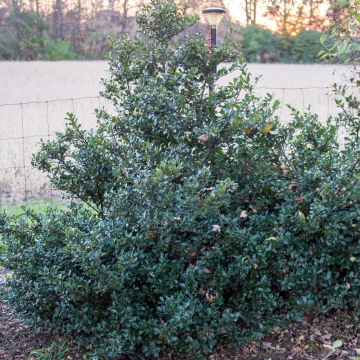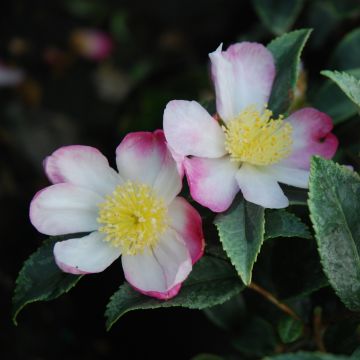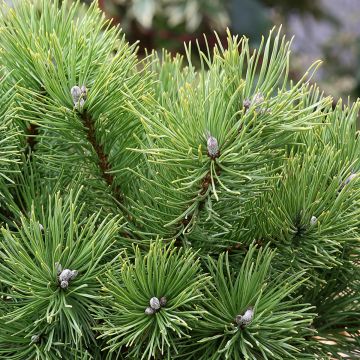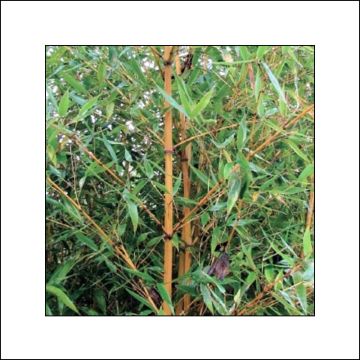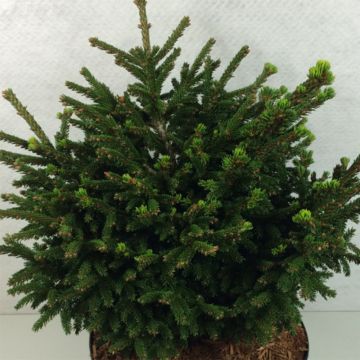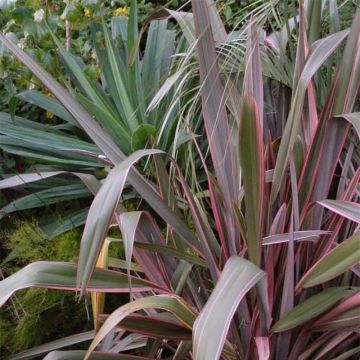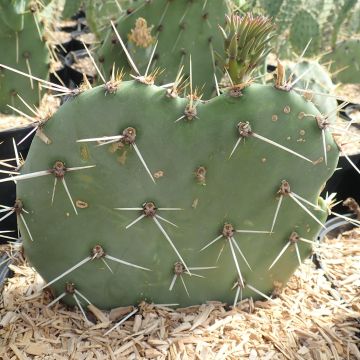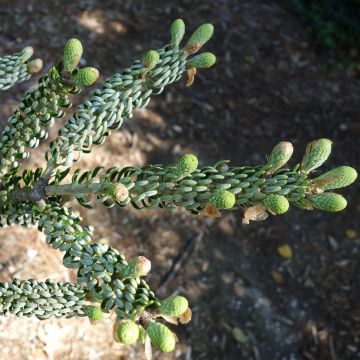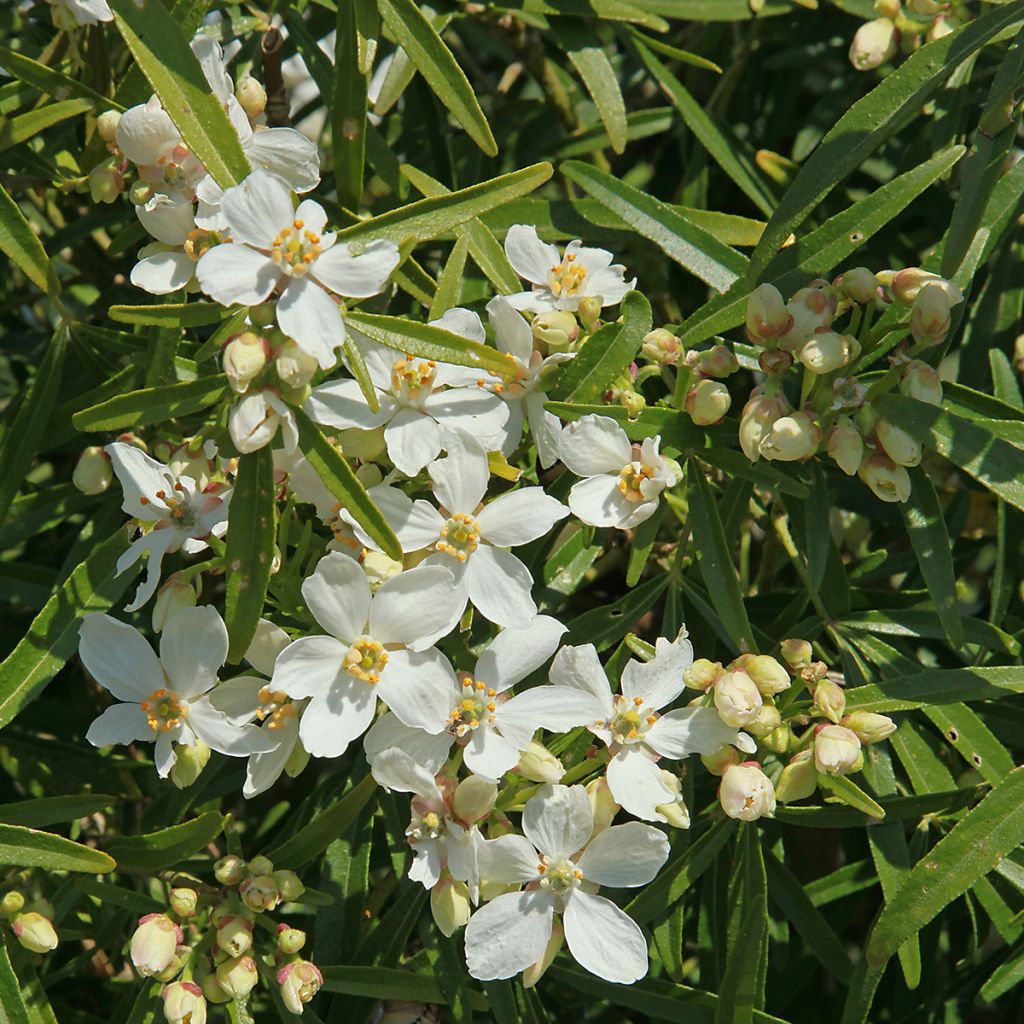

Choisya White Dazzler - Dwarf Mexican Orange
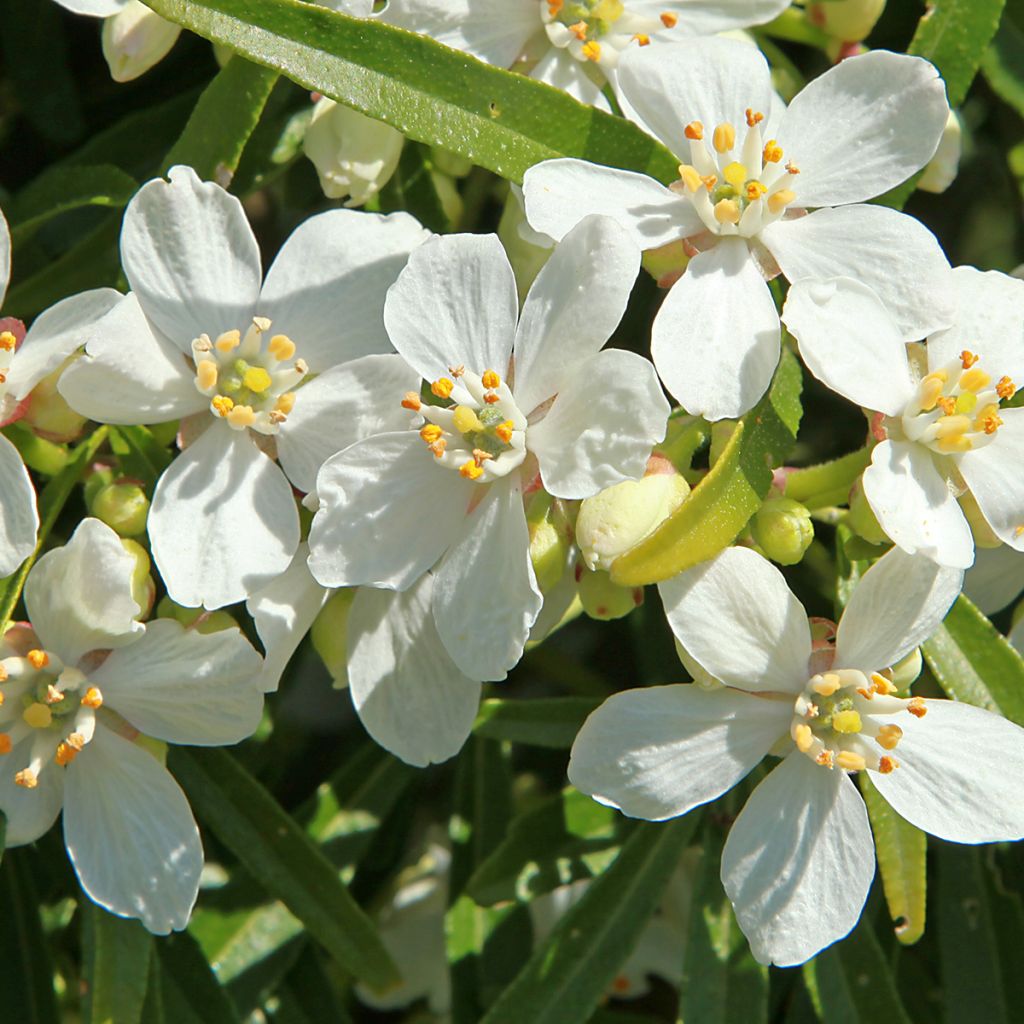

Choisya White Dazzler - Dwarf Mexican Orange
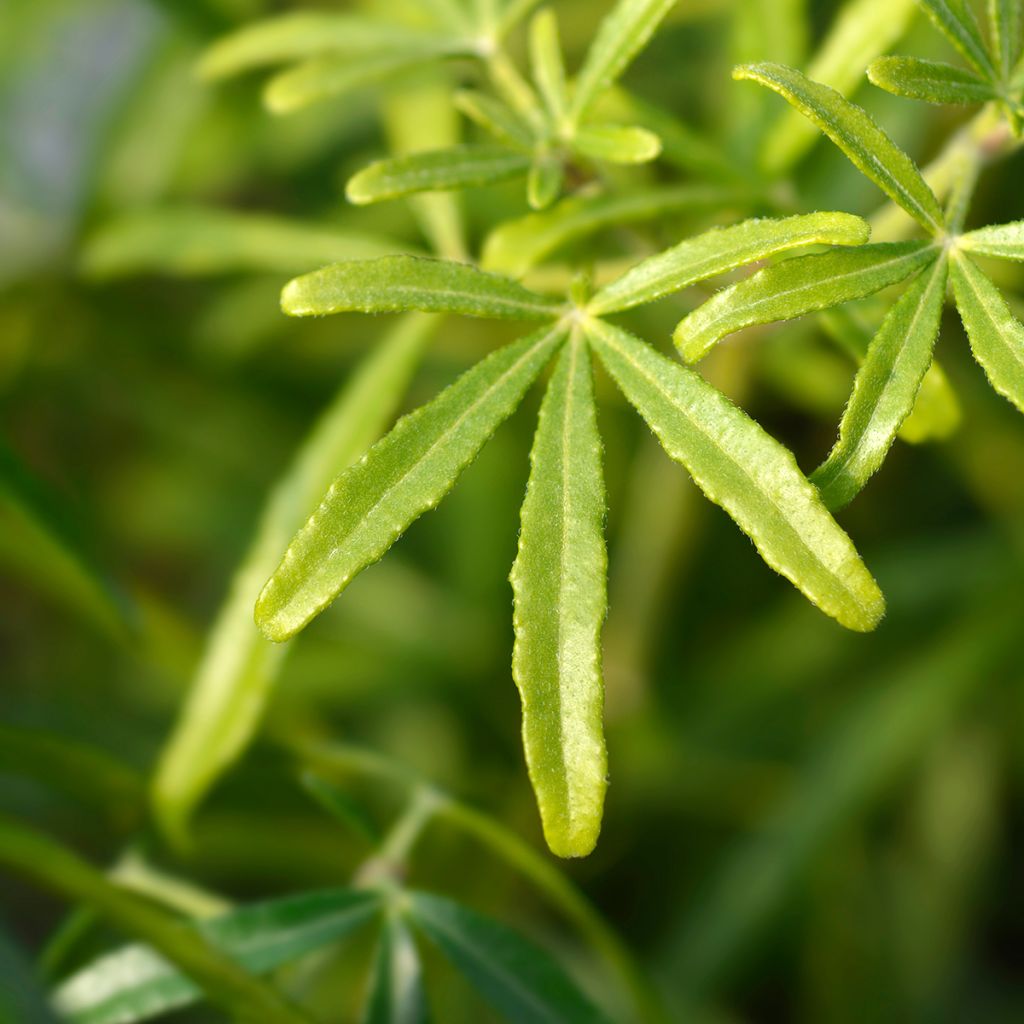

Choisya White Dazzler - Dwarf Mexican Orange
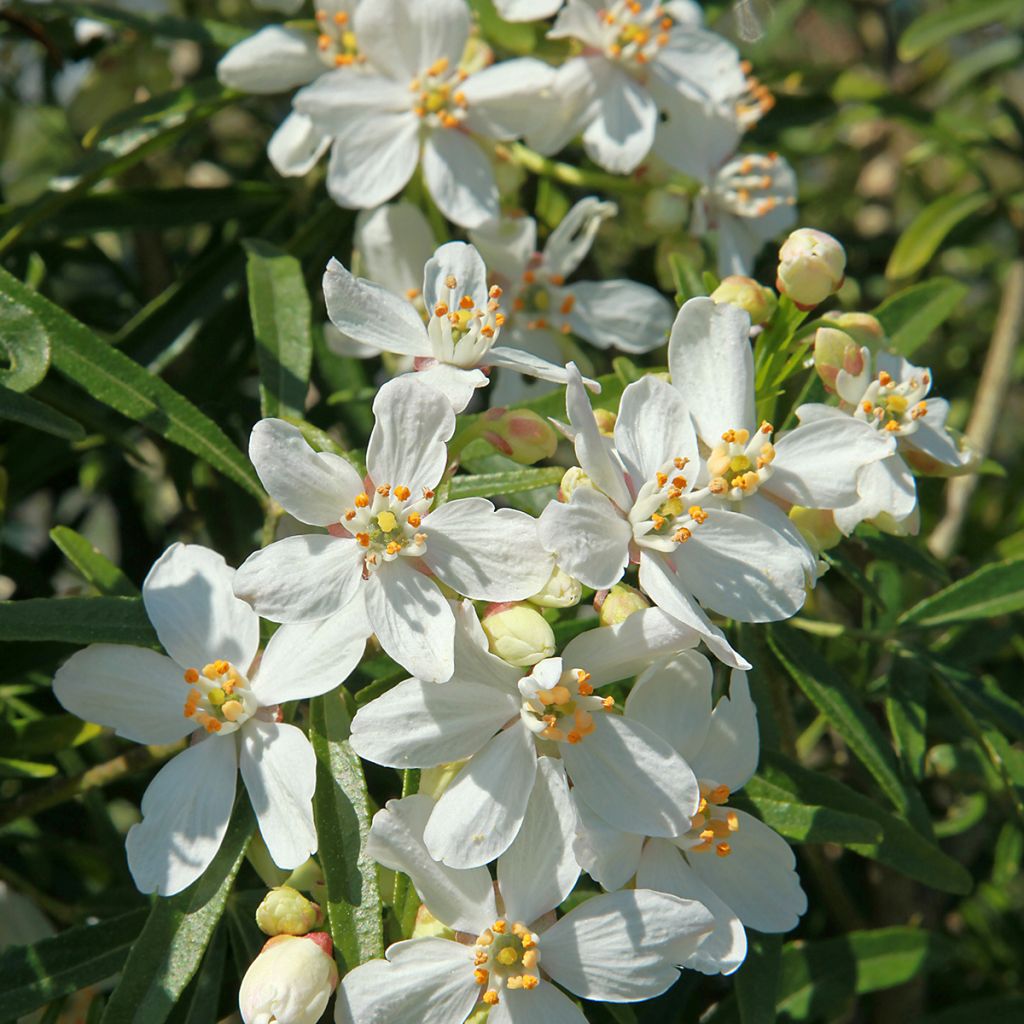

Choisya White Dazzler - Dwarf Mexican Orange
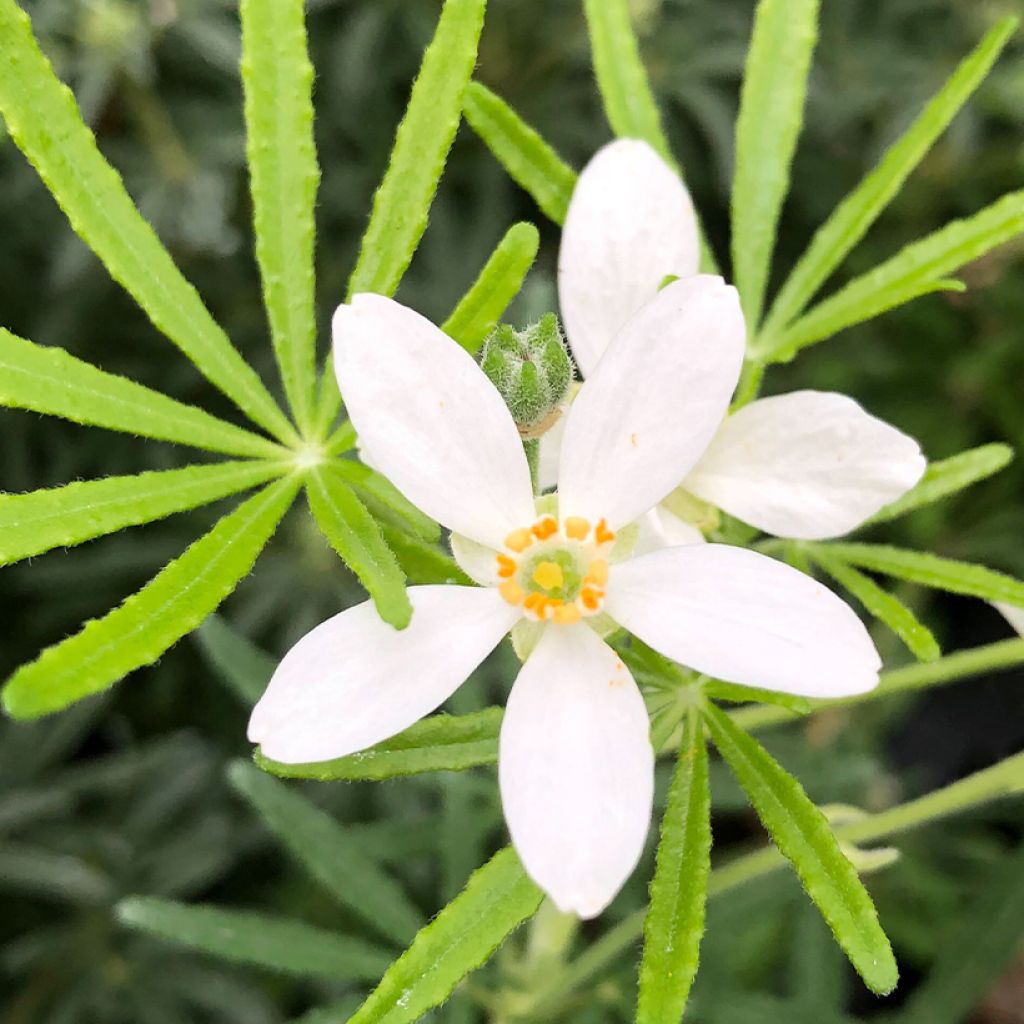

Choisya White Dazzler - Dwarf Mexican Orange
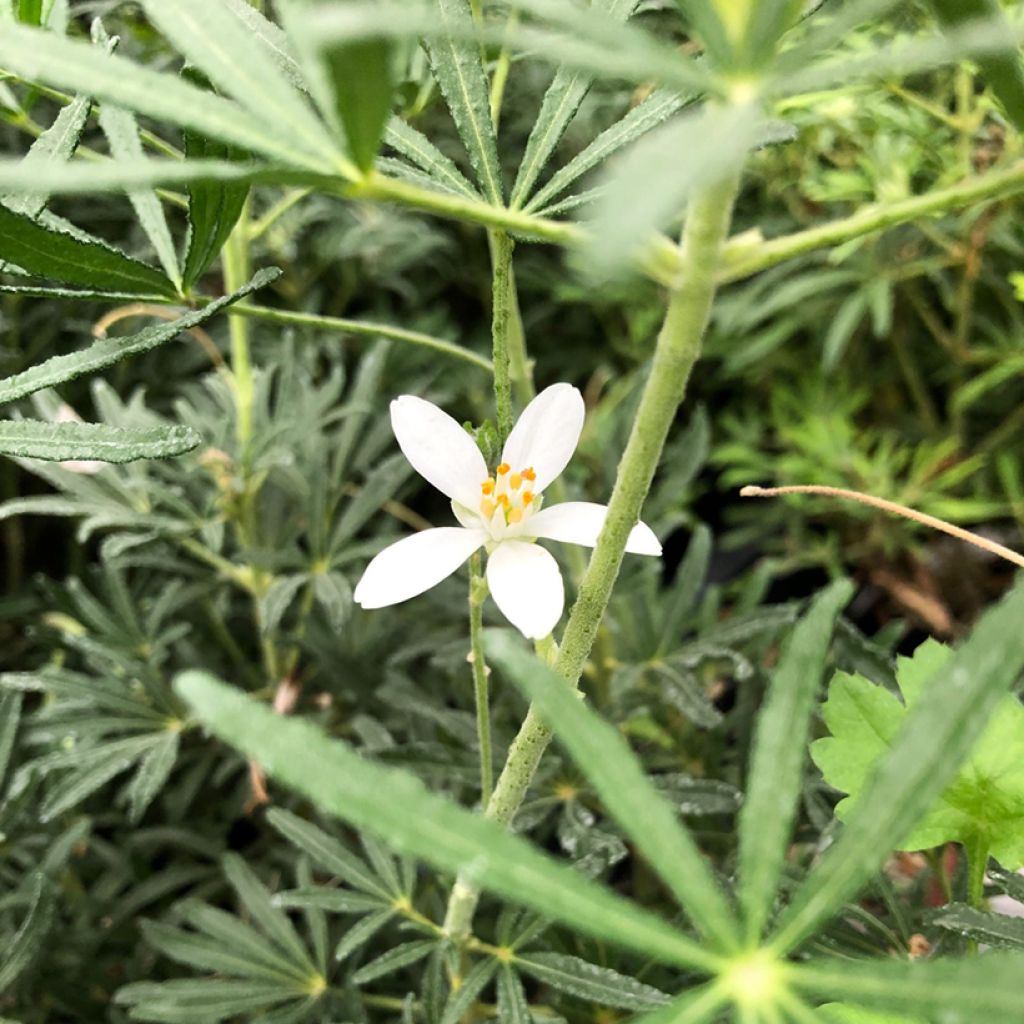

Choisya White Dazzler - Dwarf Mexican Orange
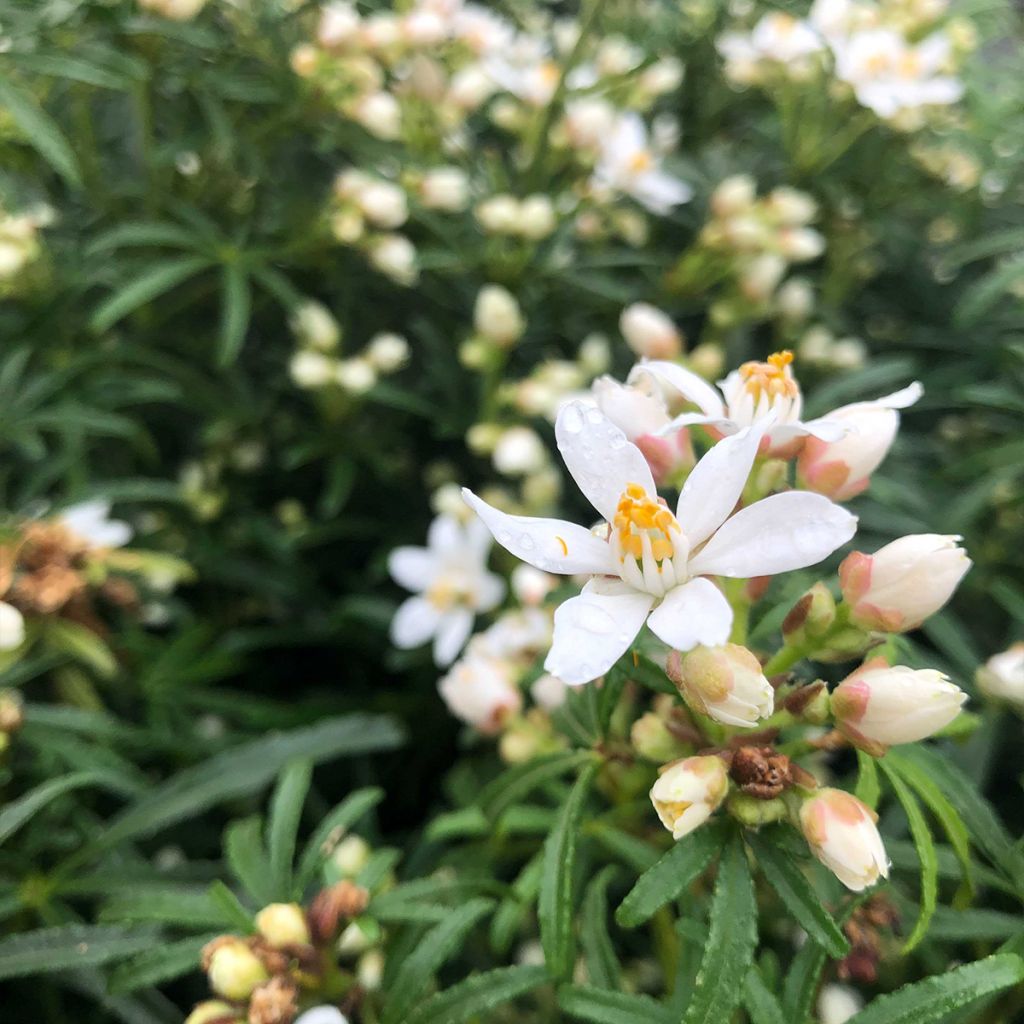

Choisya White Dazzler - Dwarf Mexican Orange
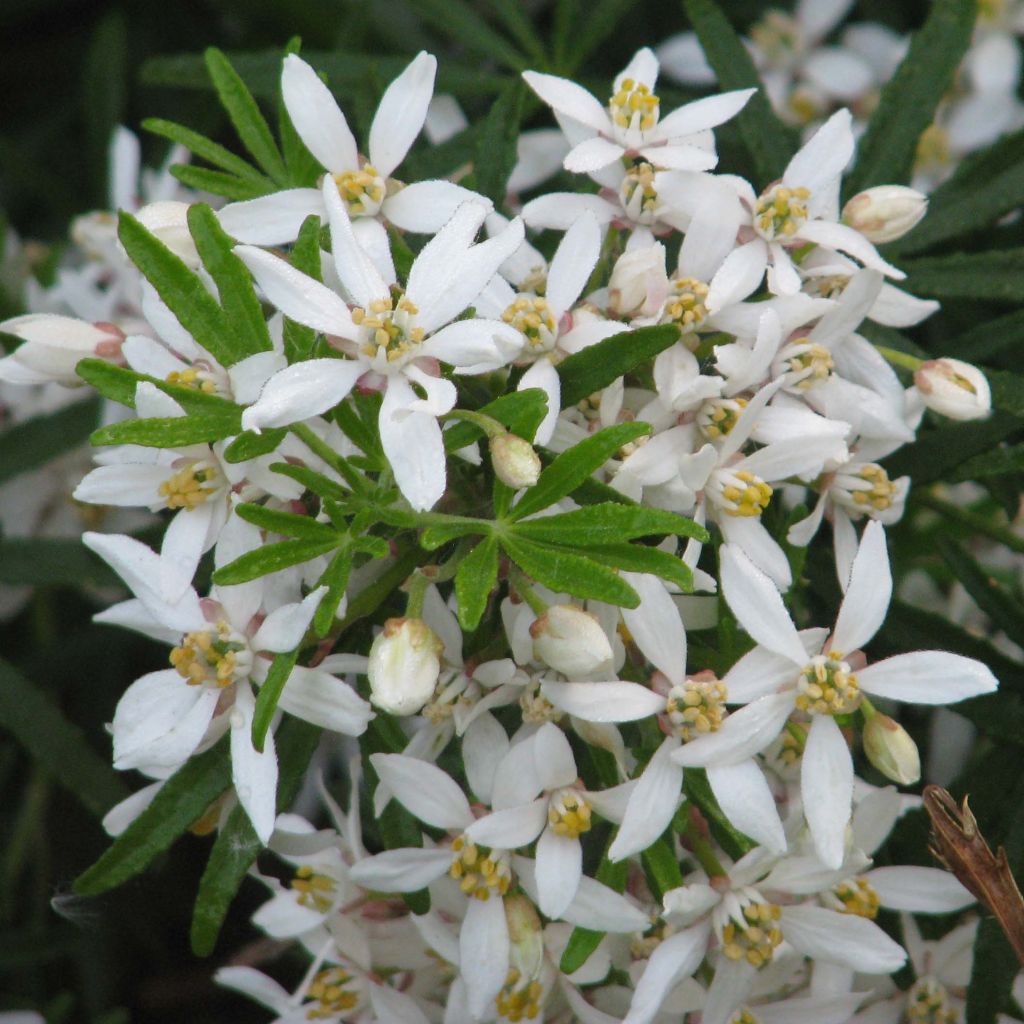

Choisya White Dazzler - Dwarf Mexican Orange
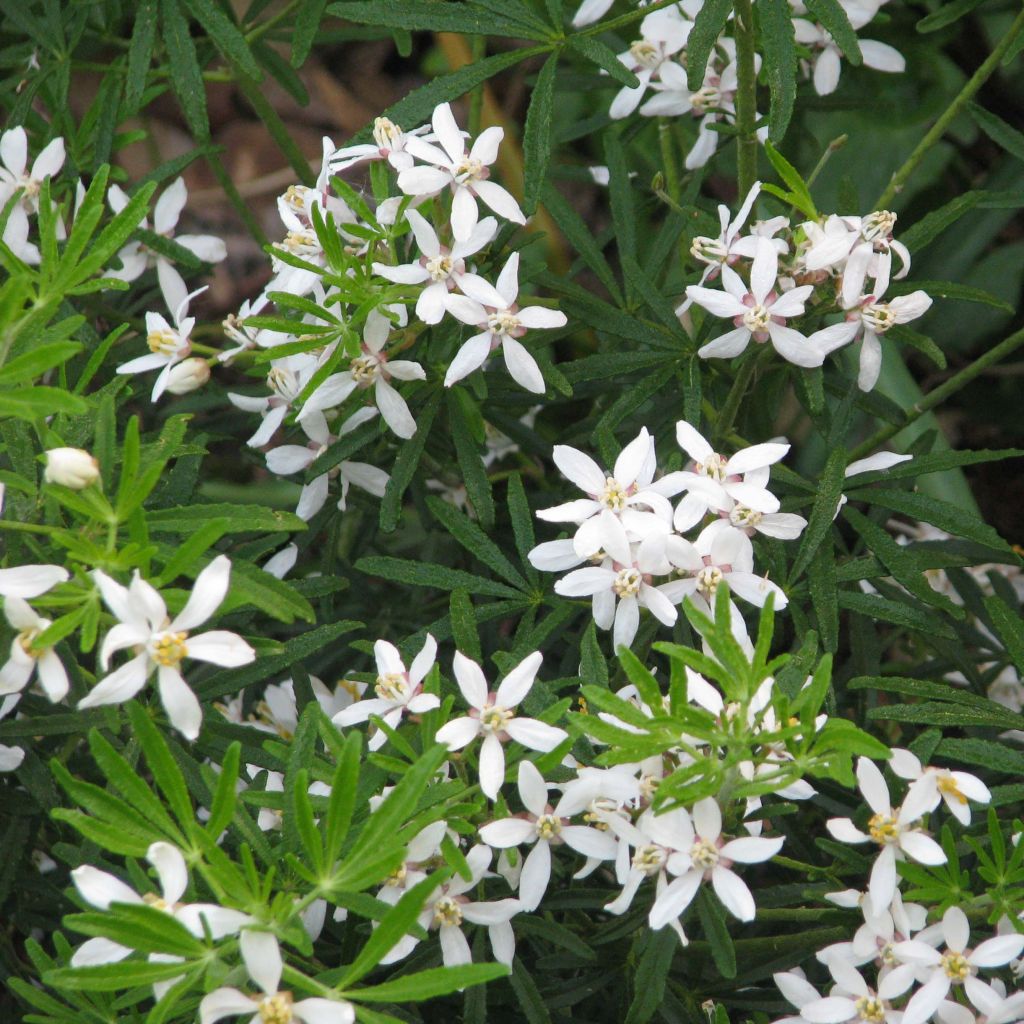

Choisya White Dazzler - Dwarf Mexican Orange
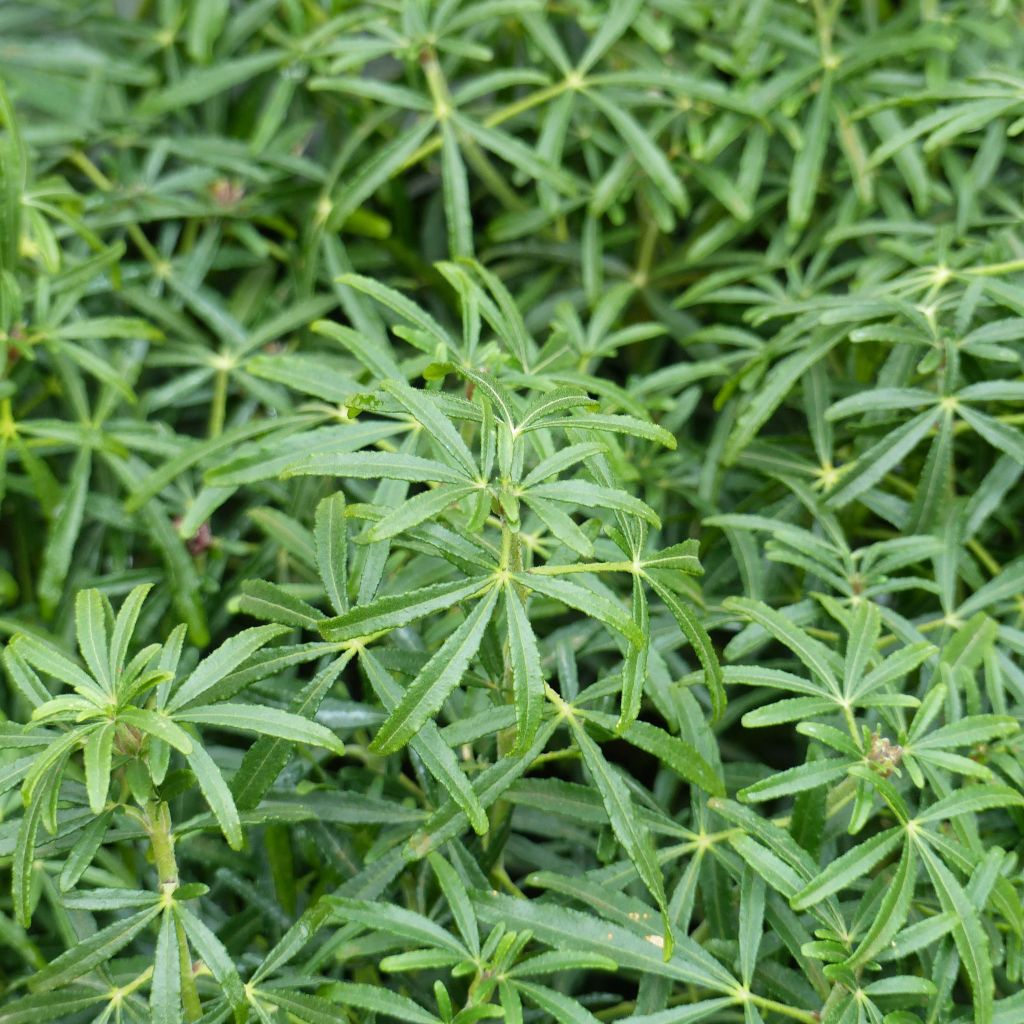

Choisya White Dazzler - Dwarf Mexican Orange
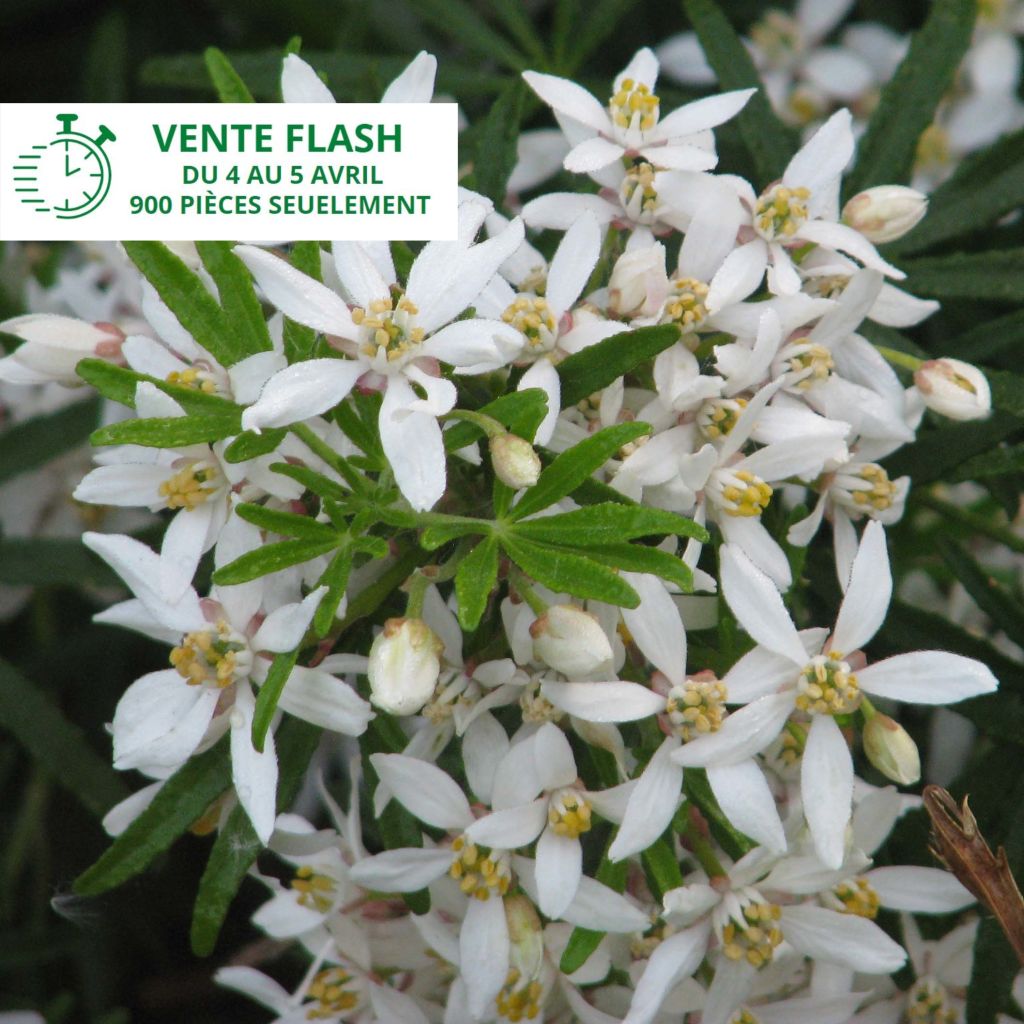

Choisya White Dazzler - Dwarf Mexican Orange
Choisya White Dazzler - Dwarf Mexican Orange
Choisya x dewitteana White Dazzler® ('Londaz')
Mexican Orange Blossom
This item cannot be shipped to the selected country
Delivery charge from €5.90
Delivery charge from €5.90
More information
Schedule delivery date,
and select date in basket
This plant carries a 24 months recovery warranty
More information
We guarantee the quality of our plants for a full growing cycle, and will replace at our expense any plant that fails to recover under normal climatic and planting conditions.
From €5.90 for pickup delivery and €6.90 for home delivery
Express home delivery from €8.90.
From €5.90 for pickup delivery and €6.90 for home delivery
Express home delivery from €8.90.


Does this plant fit my garden?
Set up your Plantfit profile →
Description
Choisya 'White Dazzler®' is a brand new selection of Mexican Orange Blossom that combines many qualities. Naturally forming a compact ball, this bush with moderate growth is covered with clusters of sweetly scented white flowers twice a year. Adorned with finely divided and aromatic evergreen foliage in emerald green, it remains beautiful all year round. Suitable for gardens of all sizes and for container cultivation, this superb Mexican orange blossom will surely find a place in the garden or on the terrace. Its somewhat exotic appearance almost makes you forget that it is resistant to summer drought once well established and capable of withstanding strong frosts, to around -15°C (5 °F) if planted in a light, well-drained soil.
Choisya 'White Dazzler' was obtained by Peter Moore (the 'father' of 'Aztec Pearl') in 1991 in England. It is a hybrid resulting from the cross-breeding of Choisya dumosa, native to New Mexico and Texas, and the variety 'Aztec Pearl', which is itself a hybrid of C. ternata native to southwestern Mexico and C. dumosa var. Arizonica from Arizona. All these plants commonly called Mexican Orange Blossom belong to the Rutaceae family, like citrus trees. These evergreen bushes are accustomed to dry and hot climates, but their hardiness can sometimes be tested, especially when they are young and planted in heavy and windy soil.
'White Dazzler' is an amazing bush, well-branched, with a dense and rounded habit, which rarely exceeds 1.20 m (3.9 ft) to 1.30 m (4.3 ft) in height in ordinary soil. Its growth is moderately fast. Throughout the year, it bears shiny, dark green leaves, which are finely divided into 3 narrow, oblong, thick leaflets with dentate edges, measuring 8 cm (3.1 in). When these leaves are crushed, they release a strong scent of orange bark. Its pure white star-shaped flowers measure 3 cm (1.2 in) in diameter, and first appear in April to May, with a possible second bloom in September. The flowers bear an intense scent of orange blossom
Choisya 'White Dazzler' prefers light, well-drained soil, in a warm, sunny spot. It requires protection from cold winds. It can be planted in a shrub border or as a standalone in a strategic location to enjoy its delicate scent, or in a pot on a terrace or balcony. It works well alongside Escallonia 'Apple Blossom', Raphiolepis delacourii, Euphorbia 'Blue Glacier', sacred bamboos, compact osmanthus, Cytisus scoparius (broom), Berberis, and many others.
Report an error about the product description
Choisya White Dazzler - Dwarf Mexican Orange in pictures
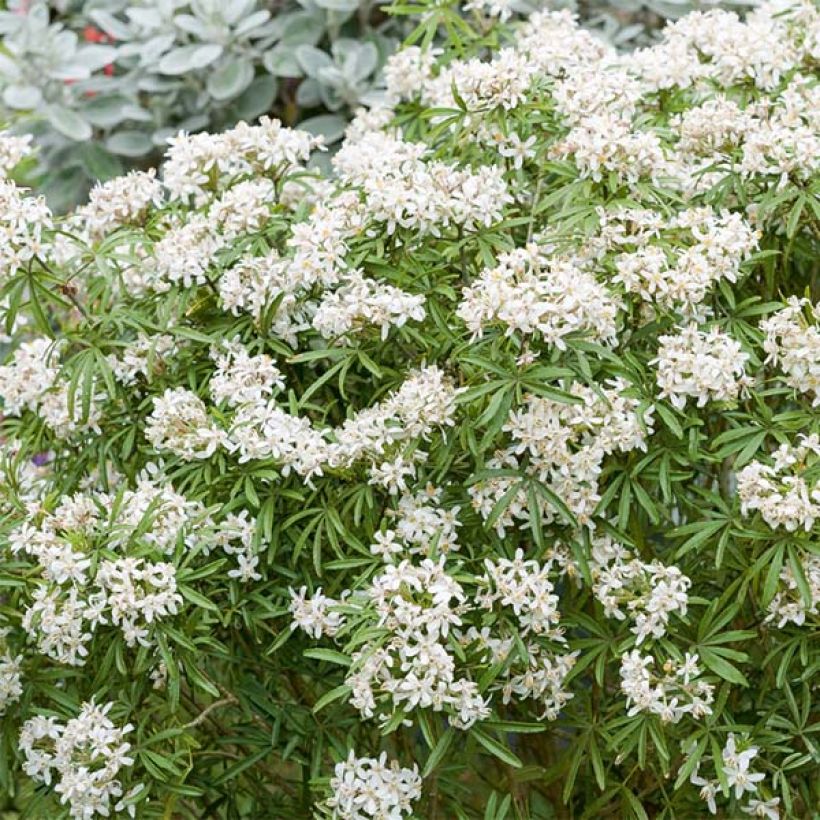

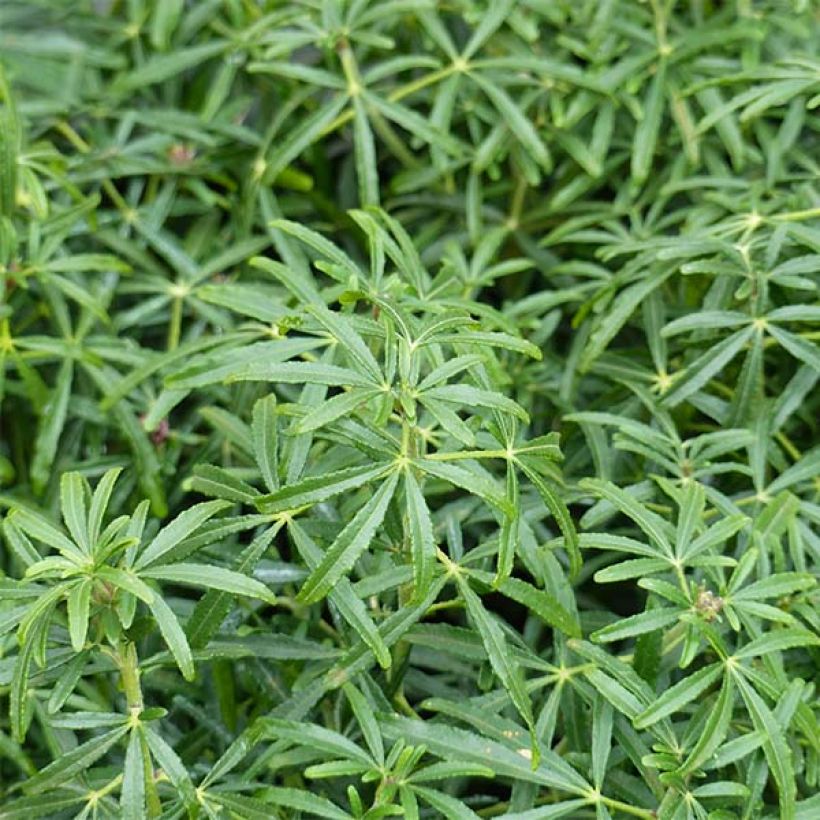

Plant habit
Flowering
Foliage
Botanical data
Choisya
x dewitteana
White Dazzler® ('Londaz')
Rutaceae
Mexican Orange Blossom
Cultivar or hybrid
Other Choisya - Mexican Orange Blossom
Planting and care
Mexican Orange Blossom can be planted in spring, or in early autumn in drier and warmer climates. It prefers light, loose, well-drained soils. It tolerates the presence of limestone in the soil, but not in excess. Once established, after 2 or 3 years of cultivation, it can go without watering in summer. Resistant to -12° C to -15° C (10.4° F to 5° F), it is quite sensitive during its early years, especially in heavy and humid soil: lighten your garden soil if necessary with river sand, gravel or pumice. Choose a warm location, in full sun in cold regions, but in partial shade in drier regions. While it can grow in the shade, its habit will be looser and its flowering less abundant. Shelter it from cold winds. During its first years, water regularly during hot summer months to help the bush establish itself. Prune just after flowering if necessary. Mexican Orange Blossom is an easy-to-cultivate plant that tolerates competition from the roots of large trees. For a free-standing hedge, count one plant every 60 cm to 80 cm (24 in to 31.5 in). On a terrace, plant it in a container at least 30 cm (11.8 in) deep, fertilise with a flowering shrub fertiliser, and let the substrate dry out a little between waterings.
Attention: Mexican Orange Blossom is sensitive to Phytophthora, a fungus that attacks the neck of the plant when the soil is both warm and permanently humid; as a result, in warmer regions, allow the soil to dry out between each watering.
Planting period
Intended location
Care
-
, onOrder confirmed
Reply from on Promesse de fleurs
Evergreen shrubs
Haven't found what you were looking for?
Hardiness is the lowest winter temperature a plant can endure without suffering serious damage or even dying. However, hardiness is affected by location (a sheltered area, such as a patio), protection (winter cover) and soil type (hardiness is improved by well-drained soil).

Photo Sharing Terms & Conditions
In order to encourage gardeners to interact and share their experiences, Promesse de fleurs offers various media enabling content to be uploaded onto its Site - in particular via the ‘Photo sharing’ module.
The User agrees to refrain from:
- Posting any content that is illegal, prejudicial, insulting, racist, inciteful to hatred, revisionist, contrary to public decency, that infringes on privacy or on the privacy rights of third parties, in particular the publicity rights of persons and goods, intellectual property rights, or the right to privacy.
- Submitting content on behalf of a third party;
- Impersonate the identity of a third party and/or publish any personal information about a third party;
In general, the User undertakes to refrain from any unethical behaviour.
All Content (in particular text, comments, files, images, photos, videos, creative works, etc.), which may be subject to property or intellectual property rights, image or other private rights, shall remain the property of the User, subject to the limited rights granted by the terms of the licence granted by Promesse de fleurs as stated below. Users are at liberty to publish or not to publish such Content on the Site, notably via the ‘Photo Sharing’ facility, and accept that this Content shall be made public and freely accessible, notably on the Internet.
Users further acknowledge, undertake to have ,and guarantee that they hold all necessary rights and permissions to publish such material on the Site, in particular with regard to the legislation in force pertaining to any privacy, property, intellectual property, image, or contractual rights, or rights of any other nature. By publishing such Content on the Site, Users acknowledge accepting full liability as publishers of the Content within the meaning of the law, and grant Promesse de fleurs, free of charge, an inclusive, worldwide licence for the said Content for the entire duration of its publication, including all reproduction, representation, up/downloading, displaying, performing, transmission, and storage rights.
Users also grant permission for their name to be linked to the Content and accept that this link may not always be made available.
By engaging in posting material, Users consent to their Content becoming automatically accessible on the Internet, in particular on other sites and/or blogs and/or web pages of the Promesse de fleurs site, including in particular social pages and the Promesse de fleurs catalogue.
Users may secure the removal of entrusted content free of charge by issuing a simple request via our contact form.
The flowering period indicated on our website applies to countries and regions located in USDA zone 8 (France, the United Kingdom, Ireland, the Netherlands, etc.)
It will vary according to where you live:
- In zones 9 to 10 (Italy, Spain, Greece, etc.), flowering will occur about 2 to 4 weeks earlier.
- In zones 6 to 7 (Germany, Poland, Slovenia, and lower mountainous regions), flowering will be delayed by 2 to 3 weeks.
- In zone 5 (Central Europe, Scandinavia), blooming will be delayed by 3 to 5 weeks.
In temperate climates, pruning of spring-flowering shrubs (forsythia, spireas, etc.) should be done just after flowering.
Pruning of summer-flowering shrubs (Indian Lilac, Perovskia, etc.) can be done in winter or spring.
In cold regions as well as with frost-sensitive plants, avoid pruning too early when severe frosts may still occur.
The planting period indicated on our website applies to countries and regions located in USDA zone 8 (France, United Kingdom, Ireland, Netherlands).
It will vary according to where you live:
- In Mediterranean zones (Marseille, Madrid, Milan, etc.), autumn and winter are the best planting periods.
- In continental zones (Strasbourg, Munich, Vienna, etc.), delay planting by 2 to 3 weeks in spring and bring it forward by 2 to 4 weeks in autumn.
- In mountainous regions (the Alps, Pyrenees, Carpathians, etc.), it is best to plant in late spring (May-June) or late summer (August-September).
The harvesting period indicated on our website applies to countries and regions in USDA zone 8 (France, England, Ireland, the Netherlands).
In colder areas (Scandinavia, Poland, Austria...) fruit and vegetable harvests are likely to be delayed by 3-4 weeks.
In warmer areas (Italy, Spain, Greece, etc.), harvesting will probably take place earlier, depending on weather conditions.
The sowing periods indicated on our website apply to countries and regions within USDA Zone 8 (France, UK, Ireland, Netherlands).
In colder areas (Scandinavia, Poland, Austria...), delay any outdoor sowing by 3-4 weeks, or sow under glass.
In warmer climes (Italy, Spain, Greece, etc.), bring outdoor sowing forward by a few weeks.

































